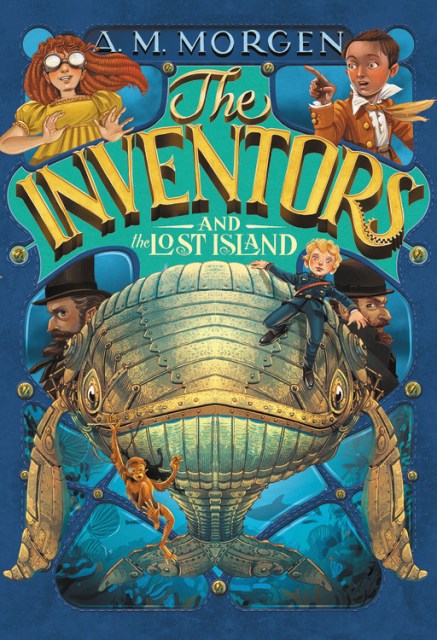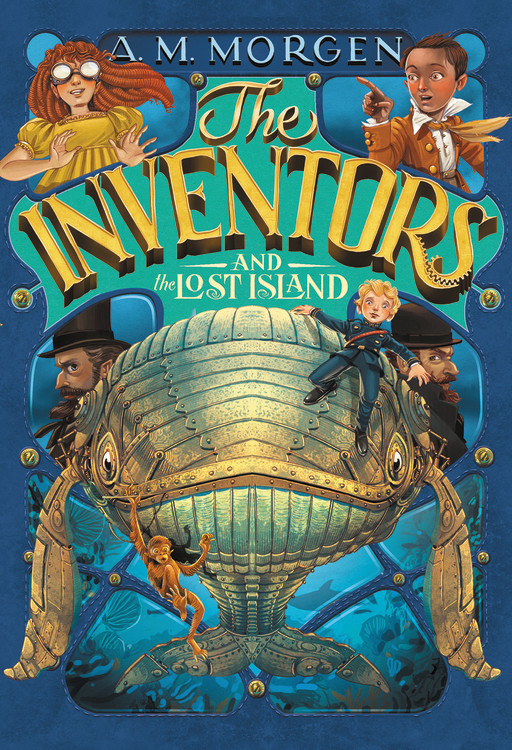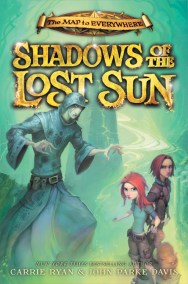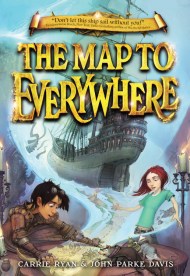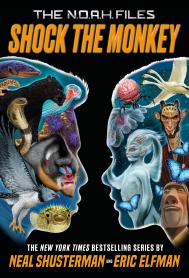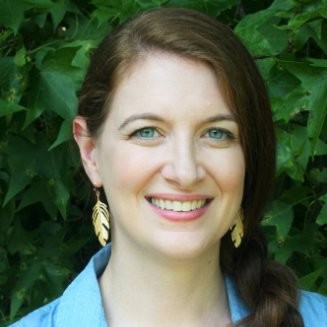Promotion
Use code MOM24 for 20% off site wide + free shipping over $45
The Inventors and the Lost Island
Contributors
By A. M. Morgen
Formats and Prices
Price
$16.99Price
$22.49 CADFormat
Format:
- Hardcover $16.99 $22.49 CAD
- ebook $9.99 $12.99 CAD
This item is a preorder. Your payment method will be charged immediately, and the product is expected to ship on or around April 2, 2019. This date is subject to change due to shipping delays beyond our control.
Also available from:
Get ready for heart-pounding action, mystery, and hijinks in the thrilling sequel to The Inventors at No. 8!
Things are finally looking up for George, the 3rd Lord of Devonshire. Not only did he and his friends outwit a nefarious criminal organization, the extremely rare (and extremely valuable) mushrooms growing in his attic ensure he’ll never need money again. After years of misery, George is no longer the unluckiest boy in London. Nothing could go wrong…
Until Don Nadie, the leader of the Society of Nobodies, moves in next door with his sights set on George…and everything goes wrong.
Overnight, George finds himself framed for poisoning the king (a crime he most assuredly did not commit) and once again on the run with his best friend Ada Byron, the future Countess of Lovelace. Together, they must navigate the high seas in Ada’s latest invention, a submersible mechanical whale, all while trying to stay one step ahead of their enemies. Chased to the ends of the earth, it’s up to George, Ada, and their friends to clear the Devonshire name-and maybe even save the world.
In this rollicking sequel, author A.M. Morgen raises the stakes and delivers a humor- and heart-filled story sure to appeal to fans of The Mysterious Benedict Society and The Inquisitor’s Tale.
Things are finally looking up for George, the 3rd Lord of Devonshire. Not only did he and his friends outwit a nefarious criminal organization, the extremely rare (and extremely valuable) mushrooms growing in his attic ensure he’ll never need money again. After years of misery, George is no longer the unluckiest boy in London. Nothing could go wrong…
Until Don Nadie, the leader of the Society of Nobodies, moves in next door with his sights set on George…and everything goes wrong.
Overnight, George finds himself framed for poisoning the king (a crime he most assuredly did not commit) and once again on the run with his best friend Ada Byron, the future Countess of Lovelace. Together, they must navigate the high seas in Ada’s latest invention, a submersible mechanical whale, all while trying to stay one step ahead of their enemies. Chased to the ends of the earth, it’s up to George, Ada, and their friends to clear the Devonshire name-and maybe even save the world.
In this rollicking sequel, author A.M. Morgen raises the stakes and delivers a humor- and heart-filled story sure to appeal to fans of The Mysterious Benedict Society and The Inquisitor’s Tale.
Genre:
-
Praise for The Inventors and the Lost Island:Kirkus Reviews
"Morgen's jam-packed plot is well-focused and filled with excitement and humor...Swashbuckling fun." -
"Another rollicking adventure. While adventure fuels the story, the deeper themes of family, friendship, and loyalty bind the book together. The pages will keep turning as readers try to help George, Ada, Oscar, and Ruthie decipher the puzzles within their latest adventure."School Library Connection
-
"For middle-grade STEM enthusiasts, this sequel is not to be missed: Ada's inventions are delightfully described and fun, and George's terrible luck continues to bring laughs."Booklist
-
Praise for The Inventors at No. 8:WSJ
"Hidden motives and eccentric characters abound in this rollicking adventure." -
"Electrifying, whimsical, and wry, The Inventors at No. 8 is an unmissable adventure for all the future inventresses in your life!"Sam Maggs, author of Wonder Women and The Fangirl's Guide to the Galaxy
-
"The breathless plot is jam-packed with roguish thieves, tantalizing clues, and mild intrigue, and the narrative is filled with wry humor and kindness as George gradually gives up his self-centered sense of doom. A pleasing adventure."Kirkus Reviews
-
"Morgen pulls off some handy misdirection in her fast-paced debut, and the combination of comical antics, miraculous machines, and a historical setting adds to the appeal."Booklist
-
"This raucous adventure keeps a frenetic pace...A great inclusion in STEM-focused fiction collections."School Library Journal
-
"This jolly romp has plenty of twists and turns, with anchoring themes of family, friendship, and learning to fight for what you love."The Cleveland Plain Dealer
-
"Plenty of hijinks...to please middle-grade adventure readers and lure them back for a second volume."BCCB
- On Sale
- Apr 2, 2019
- Page Count
- 384 pages
- Publisher
- Little, Brown Books for Young Readers
- ISBN-13
- 9780316471534
Newsletter Signup
By clicking ‘Sign Up,’ I acknowledge that I have read and agree to Hachette Book Group’s Privacy Policy and Terms of Use
